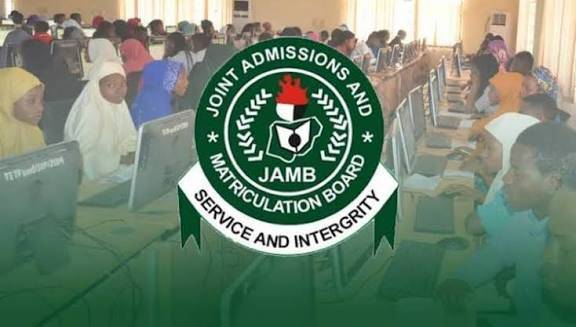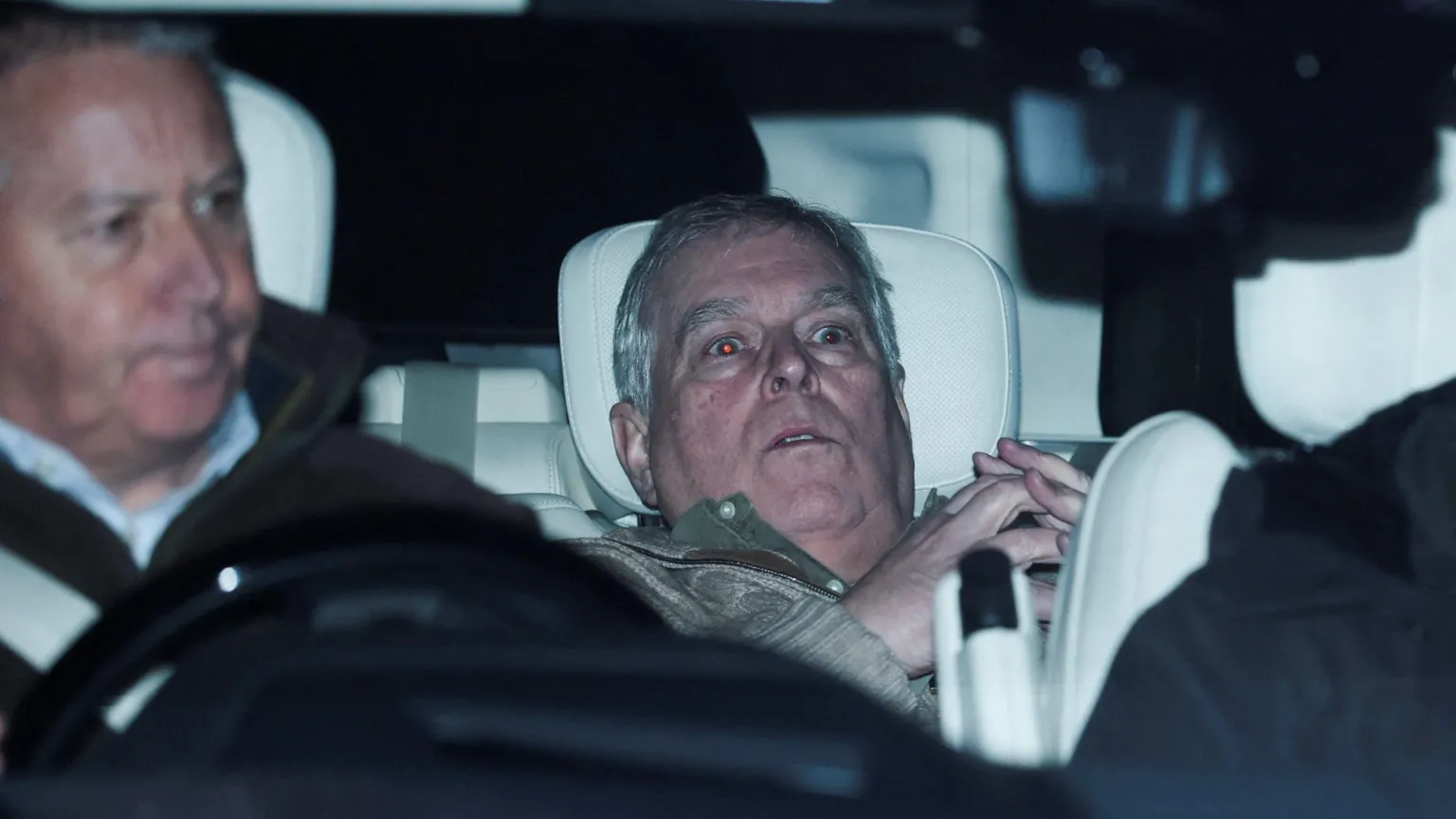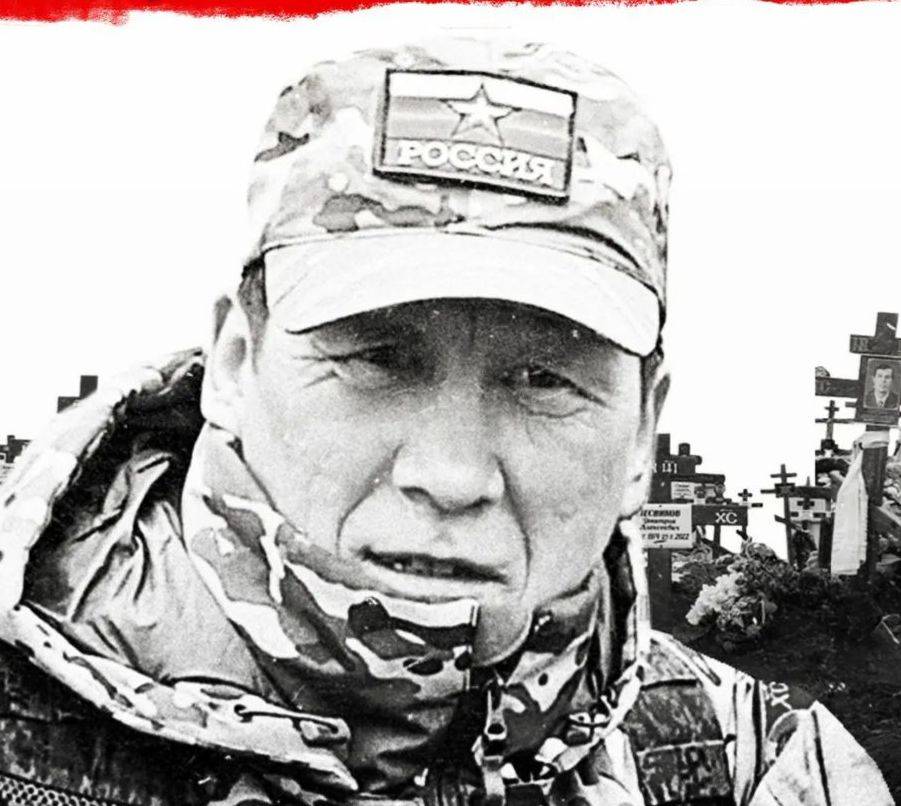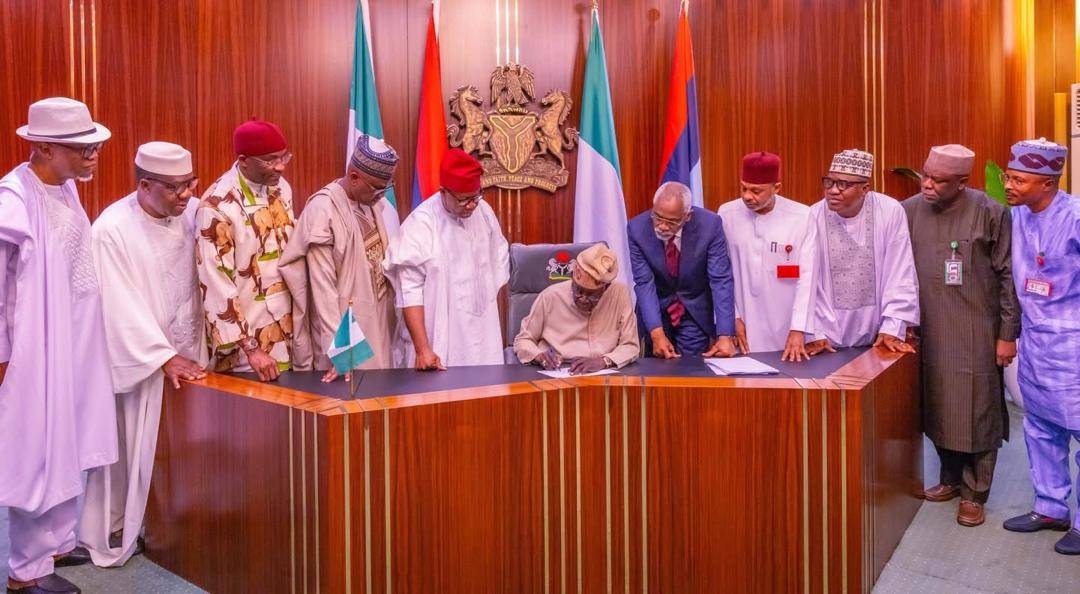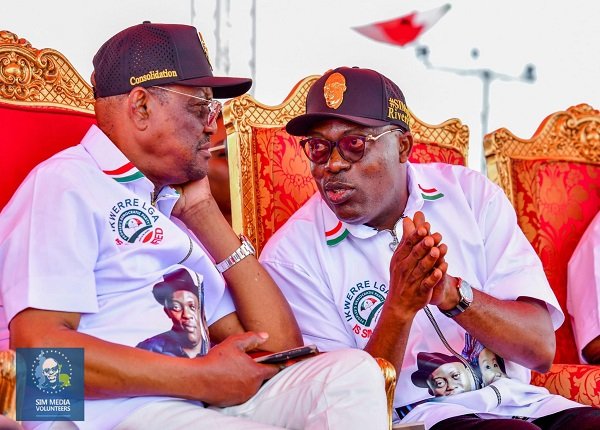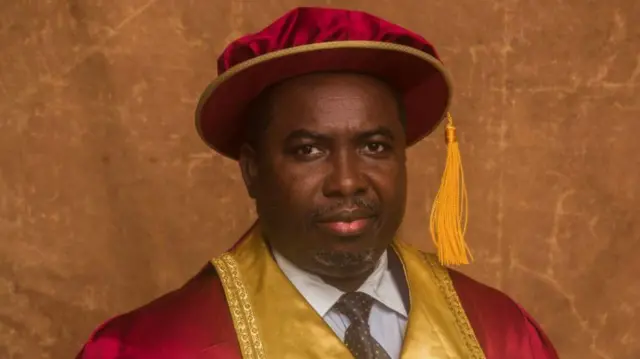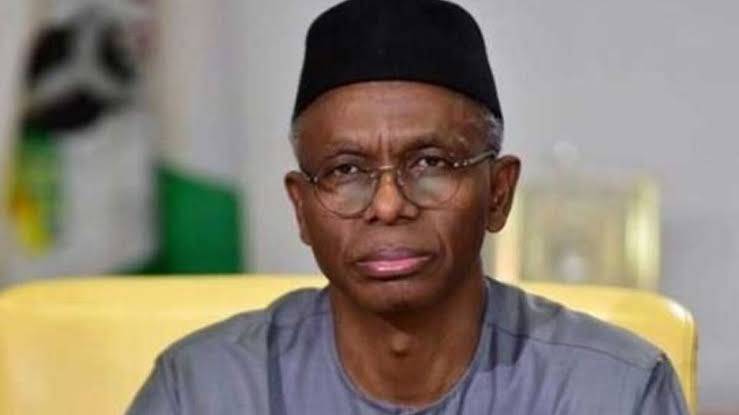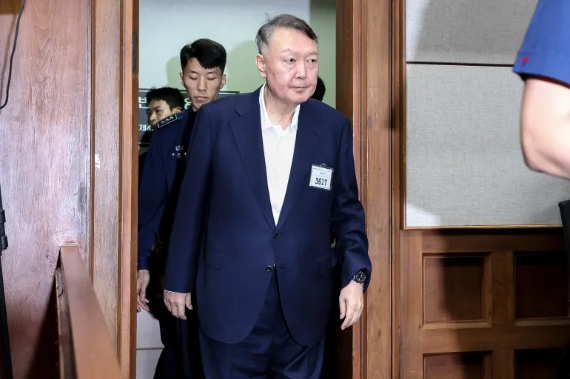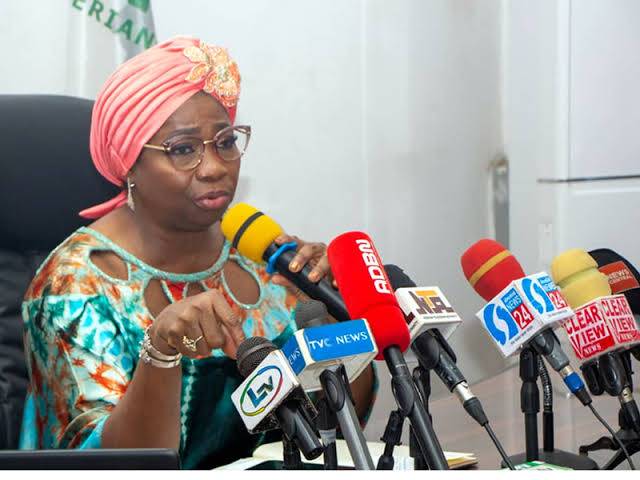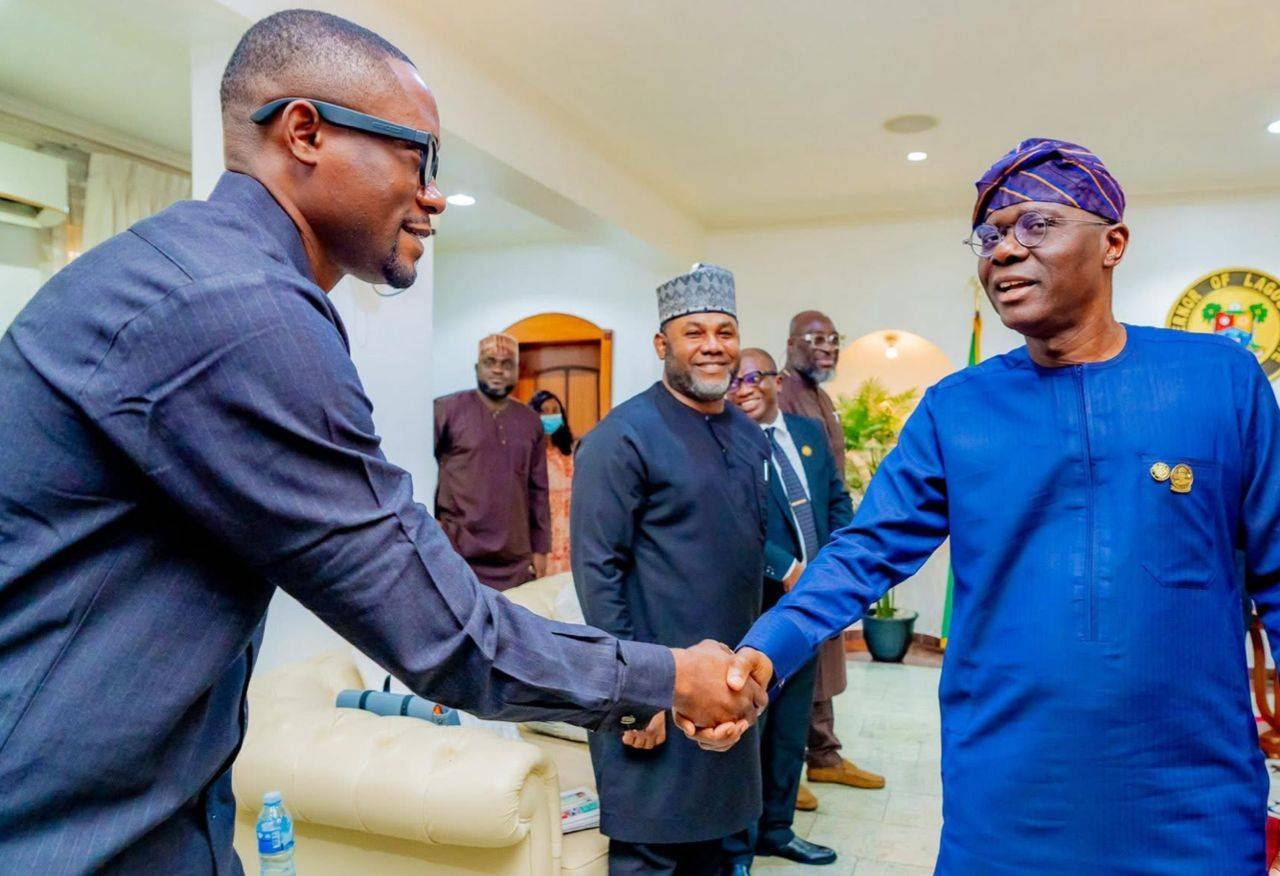THE ordeal of a Member of House of Representatives (Ethiope East/West, Delta State), Hon. Ben Igbakpa, at the hands of Ghana airport security officials is another reminder for our leaders to handle crucial governance matters with care and maturity to prevent unwittingly exposing innocent citizens to avoidable hazards.
We are still reeling from the consequences of President Muhammadu Buhari’s utterances during his interview on Arise TV and subsequent post on Twitter which led to his account being suspended by the microblogging site.
The Federal Government retaliated by banning Twitter in Nigeria, a measure that remains in effect.
In the process, millions of Nigerians have lost access to a major social media platform for free speech, while billions of naira have been lost to people (especially the youth) who depend on Twitter for their legitimate livelihood.
All these could have been avoided by communicating the same issue in decent and more presidential language.
An otherwise creditable 61st Independence Day speech by President Buhari was dampened by the section where he said his government was closing in on “separatist” sponsors in the National Assembly, whom he failed to name.
According to him: “The recent arrests of Nnamdi Kanu and Sunday Adeyemo, and the ongoing investigations being conducted have revealed certain high-profile financiers behind these individuals. We are vigorously pursuing these financiers including one identified as a serving member of the National Assembly”.
The insinuation about a particular person out of the 469-member bicameral National Assembly being a funder of separatism without naming the individual or taking immediate action to commence legal processes against him or her automatically made all members equally suspect. That was the ground on which Hon. Igbakpa was given undignified handling in Ghana.
Until the Federal Government names and prosecutes this “faceless” lawmaker, all members of the Senate and House of Representatives will potentially face suspicion, harassment and prohibitions in more countries within and outside Africa.
We wonder why the Federal Government appears to find it difficult to name, shame and prosecute individuals implicated with prima facie evidences of involvement in sponsoring acts of terror that are tearing our country to pieces and draining huge resources meant for the people’s welfare.
The American Ambassador to Nigeria, Mary Beth Leonard, recently complained about the trouble she was having in getting the Nigerian government to accept her offer of naming terror sponsors in Nigeria.
We must learn from the good and civilised example already set by the government of the United Arabs Emirates, UAE, which publicly named Nigerian Boko Haram sponsors and prosecuted them.
Unless similar steps are taken in the matter of separatist sponsors, the regime will be seen as merely seeking to intimidate and silence agitators against marginalisation and extreme nepotism.
Besides, our lawmakers will continue to suffer the stigma.


